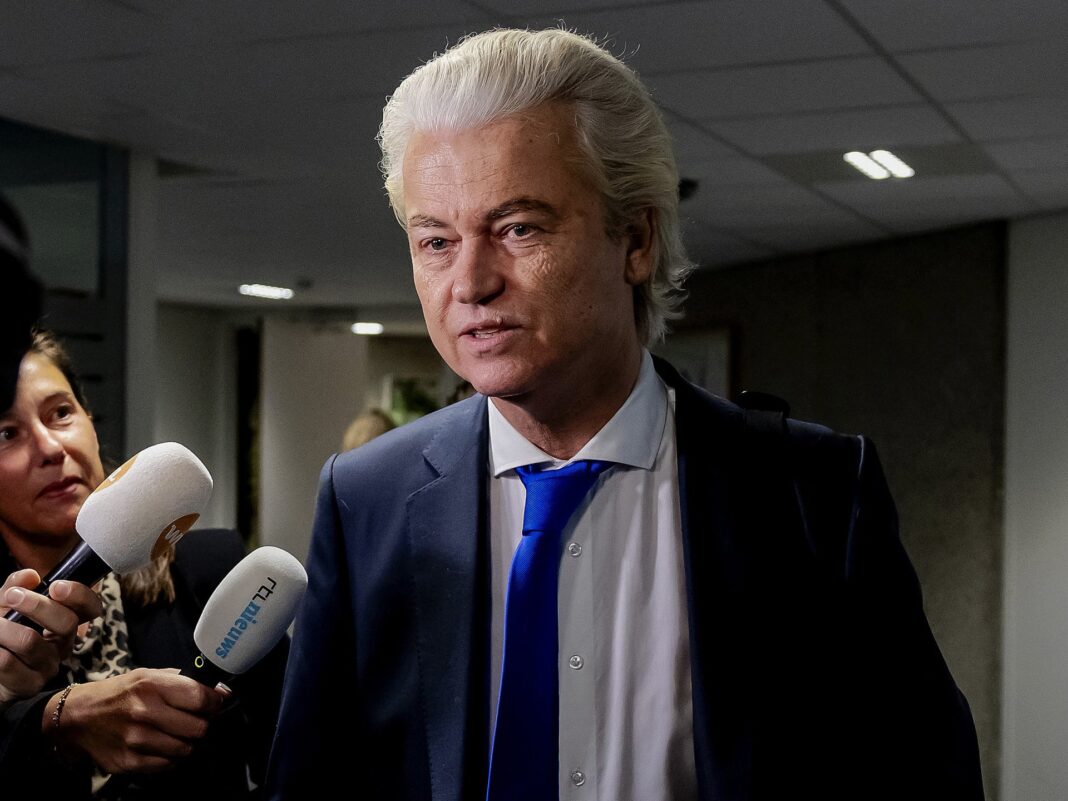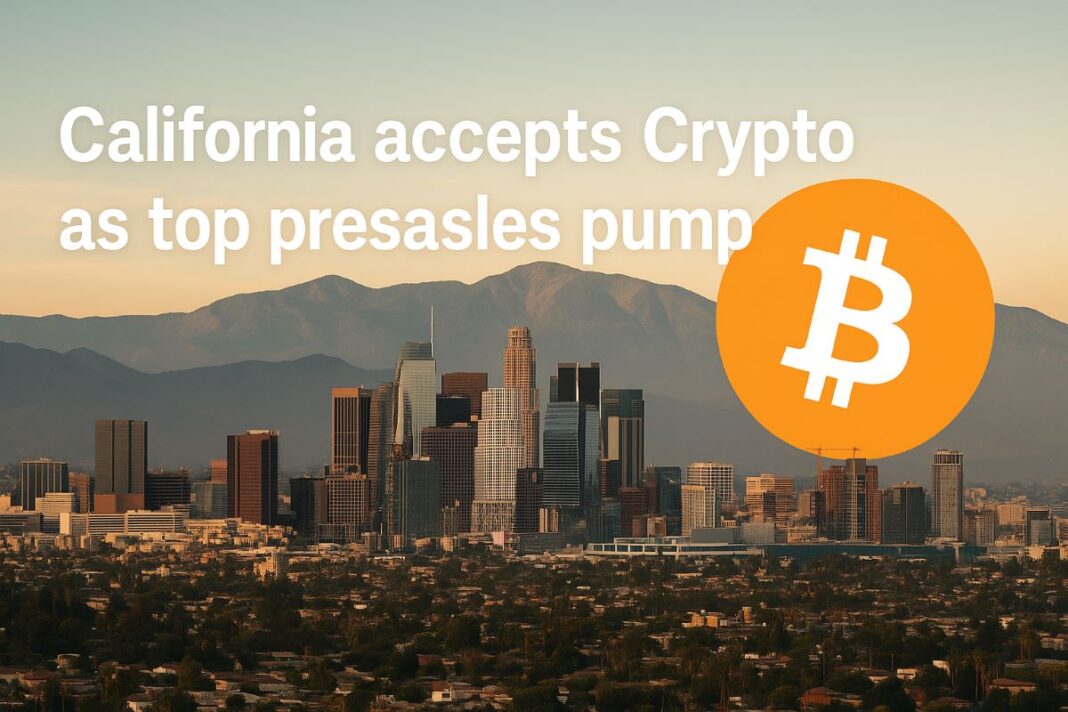The Dutch government collapsed on Tuesday after far-right politician Geert Wilders pulled out of the right-wing coalition after a dispute over anti-immigration measures his party had proposed.
Wilders’ decision prompted the Dutch cabinet and Prime Minister Dick Schoof to resign.
Here is what triggered the government’s collapse, and what happens next:
Why did Wilders withdraw?
Wilders announced the withdrawal of his right-wing party, the Party for Freedom (PVV), from the 11-month-old right-wing Netherlands coalition government. Wilders said the other three parties in the coalition had failed to back his plans to crack down on asylum for refugees.
“No signature under our asylum plans. The PVV leaves the coalition,” Wilders wrote in an X post on Tuesday after a brief meeting in parliament with party leaders. Besides PVV, the coalition comprised People’s Party for Freedom and Democracy (VVD), the Farmer-Citizen Movement (BBB) and the New Social Contract (NSC).
On May 26, Wilders announced a 10-point plan to extensively slash migration, deploying army officials at the Dutch land borders and rejecting all asylum seekers. Wilders threatened, back then, that his party would pull out of the coalition if migration policy was not toughened.
The four parties cumulatively held 88 seats in the country’s 150-seat House of Representatives.
The PVV won the latest November 2023 election with 23 percent of the vote and 37 seats, the highest number of seats in the parliament out of all parties.
The majority mark in the House is 76 seats. The withdrawal leaves the coalition with only 51 seats.
When did Schoof step down?
After Wilders announced the withdrawal, an emergency cabinet meeting was called. After this, Schoof announced that he would step down, hours after the PVV withdrawal.
“I have told party leaders repeatedly in recent days that the collapse of the cabinet would be unnecessary and irresponsible,” Schoof said in the emergency cabinet meeting. “We are facing major challenges both nationally and internationally that require decisiveness from us.”
How did other Dutch leaders react?
Other leaders in the coalition called Wilders “irresponsible” and blamed him for putting his own political interests ahead of the country.
“There is a war on our continent. Instead of meeting the challenge, Wilders is showing he is not willing to take responsibility,” said Dilan Yesilgoz, leader of the VVD, which has 24 seats in the the House.
“It is irresponsible to take down the government at this point,” NSC leader Nicolien van Vroonhoven said about Wilders. The NSC has 20 seats.
Head of the opposition GreenLeft-Labour alliance Frans Timmermans said he could “see no other way to form a stable government” than early elections.
What’s next?
Schoof will now formally submit his resignation to the head of state, Dutch King Willem-Alexander. After this, elections are expected to be called. It is likely that the election will be held sometime in October or November, based on previous cycles.
As of May 31, polls show that Wilders’ PVV has lost a little of its support, from 23 percent in the 2023 election to 20 percent.
This brings the party almost at par with the GreenLeft-Labour alliance, which has 19 percent of support and 25 seats in the lower house of parliament, the second highest number of seats after the PVV.
The fragmented politics of the Netherlands makes it difficult to predict which party will win the election. It is unlikely for a single party to win the 76-seat majority and it takes months for a coalition to form. According to the Dutch election authority’s data, no single party has ever won a majority since the first direct elections in 1848.
What happens until elections?
Schoof has said he and the other ministers of the coalition will continue with their positions in a caretaker government until a new government is formed after elections.
The political crisis comes as the Netherlands is scheduled to host a summit of NATO leaders at The Hague on June 24-25. Mark Rutte, the current secretary-general of NATO, was the prime minister of the Netherlands from 2010 to 2024. Rutte was affiliated with the VVD.
Schoof had also been involved in European efforts to provide support to Ukraine in its war against Russia. In February, the Dutch PM was present at a meeting with other European leaders in Paris where the leaders pledged to provide Ukraine with security guarantees.


